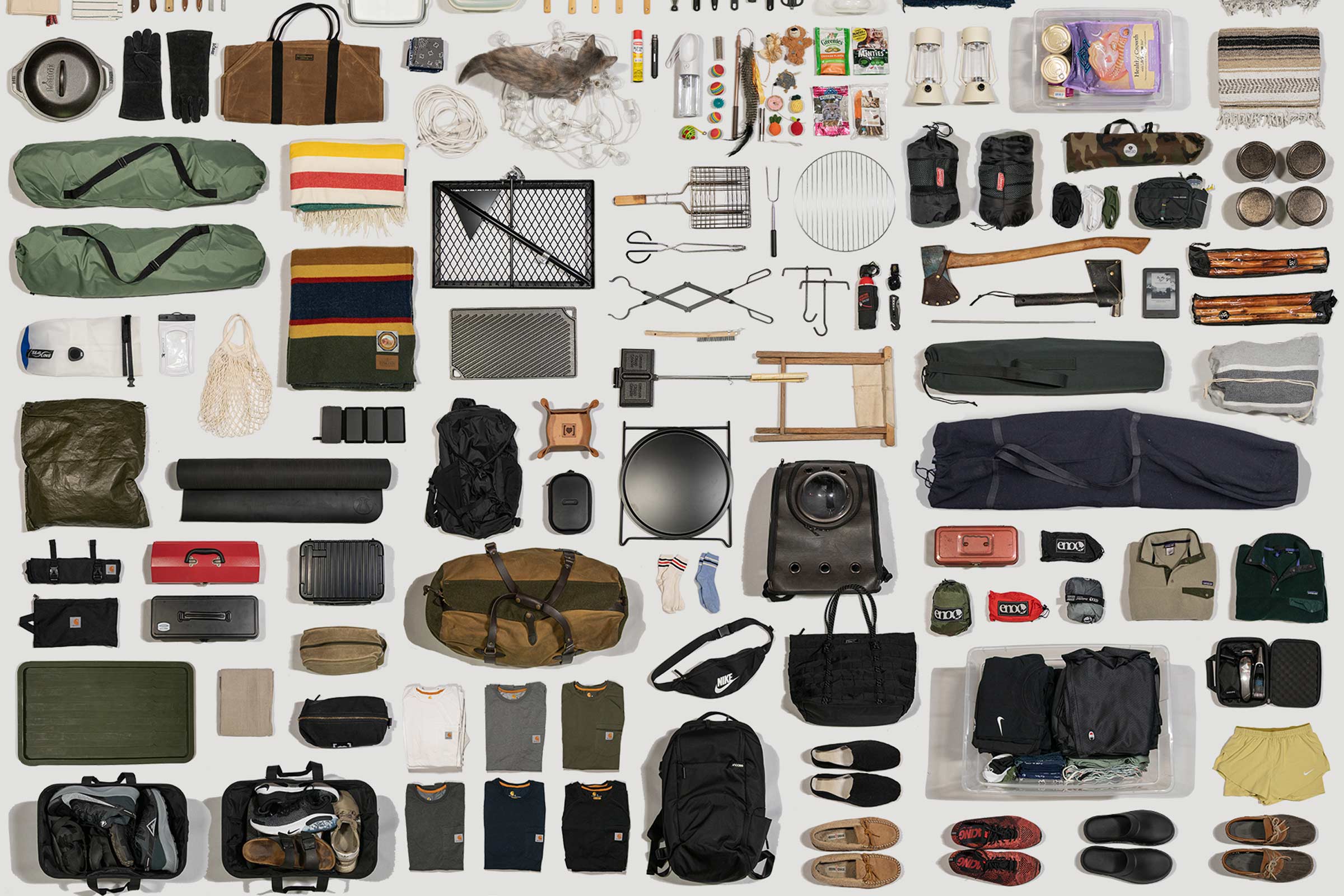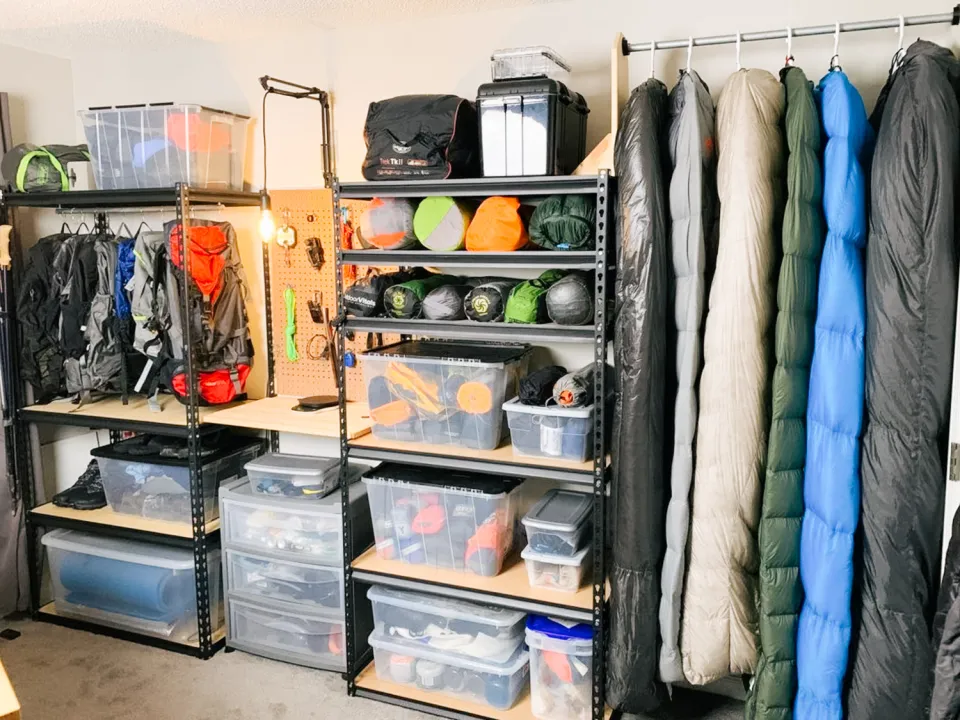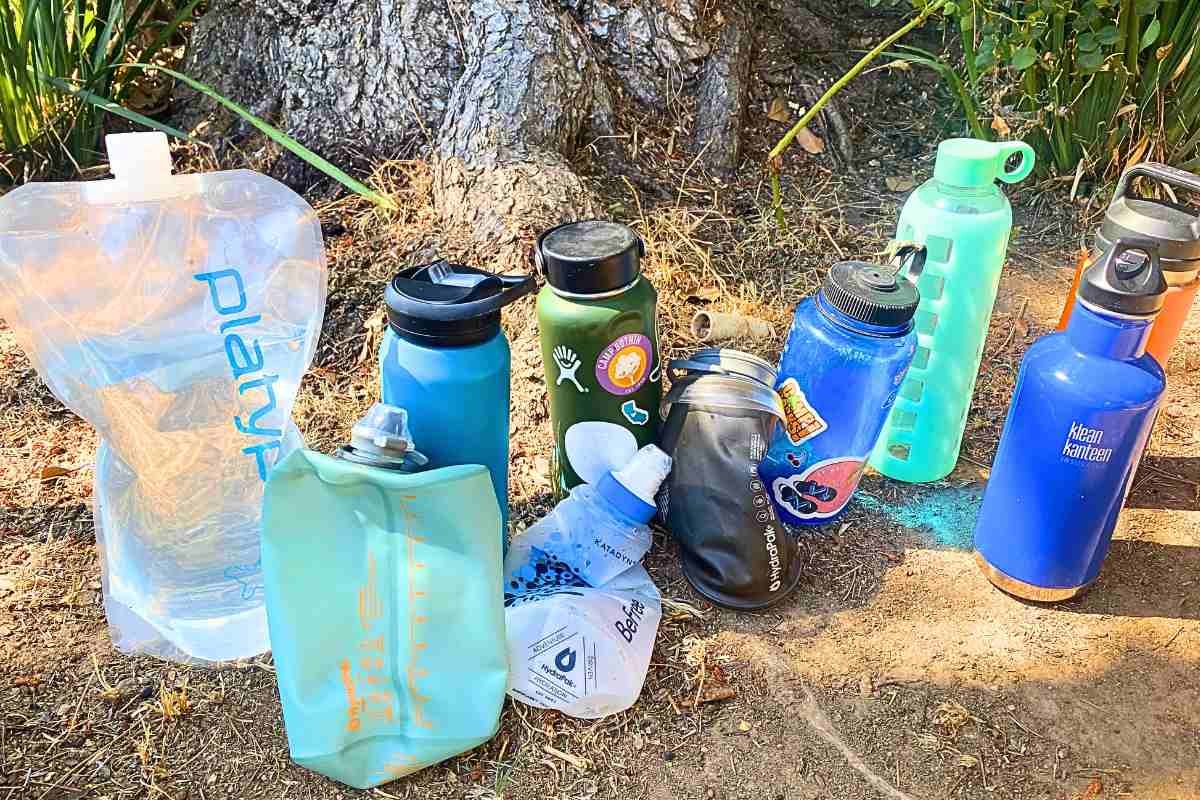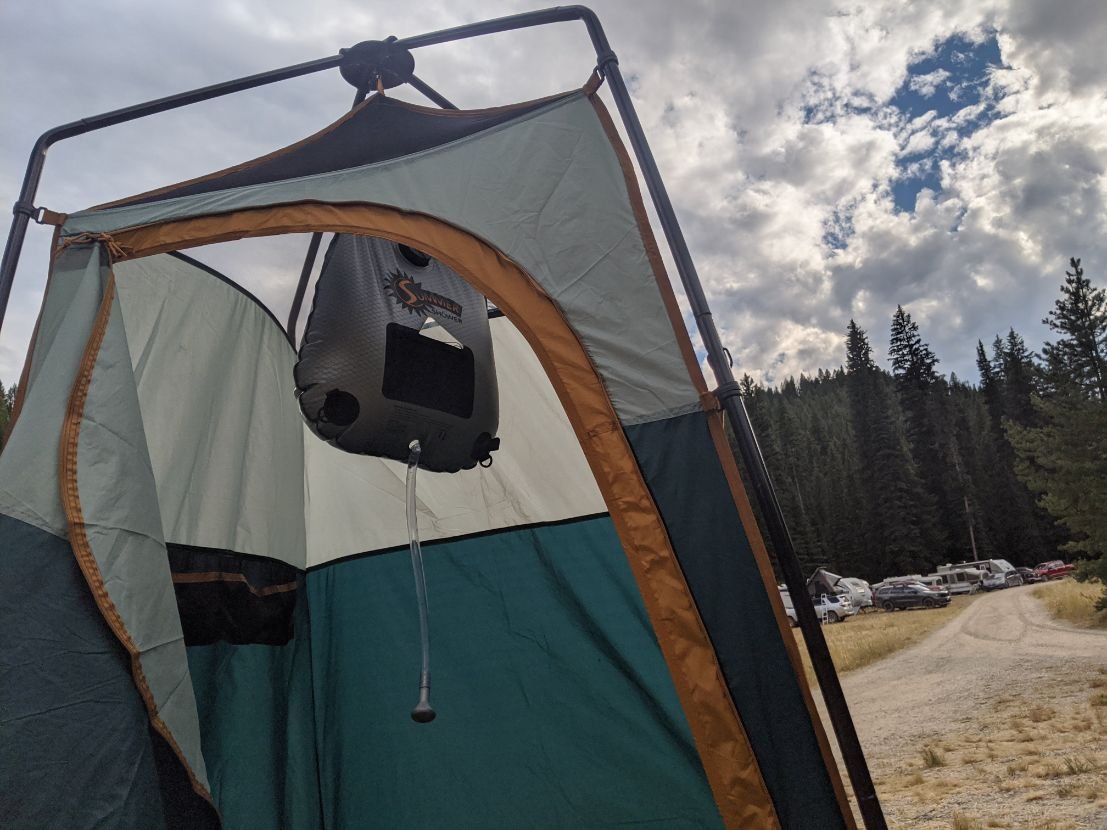10 Must-Have Camping Tools for Beginners
Camping is one of the most enjoyable ways to connect with nature, unwind from the hustle of daily life, and create memorable adventures. If you’re new to camping, having the right tools can make your experience smoother, safer, and more enjoyable. In this guide, we’ll break down 10 essential camping tools for beginners that every outdoor enthusiast should consider.
1. Camping Tent
Your tent is your home away from home. When choosing a camping tent, prioritize size, weather resistance, and ease of setup. A lightweight and waterproof tent is ideal for beginners, as it provides reliable shelter in various weather conditions. Look for models with built-in ventilation to ensure comfort during warm nights.
Pro Tip: Practice setting up your tent at home to avoid frustration at the campsite!
2. Sleeping Bag
A high-quality sleeping bag is essential for staying warm and comfortable. Opt for a sleeping bag suited to the climate of your camping destination. For beginners, a three-season sleeping bag is a versatile choice, providing insulation in cool and mild weather.
Pair your sleeping bag with a sleeping pad for extra cushioning and insulation from the ground.
3. Camping Stove or Portable Grill
Unless you’re planning on cooking over an open fire, a camping stove is a must. These compact stoves are easy to use, portable, and perfect for preparing quick meals. Choose one with adjustable flame controls for added versatility.
Don’t forget to pack fuel and lightweight cookware to complete your setup!
4. Headlamp or Flashlight

When the sun sets, having a reliable source of light is critical. A headlamp keeps your hands free, making it easier to navigate in the dark or set up camp at night. Alternatively, a durable flashlight with a long battery life is another great option.
Pro Tip: Bring extra batteries or a portable charger to ensure your devices stay powered.
5. First Aid Kit
Accidents can happen even on the most carefully planned trips. A compact first aid kit should include bandages, antiseptic wipes, pain relievers, and tweezers. For beginners, pre-packaged kits are a convenient and hassle-free option.
Customize your kit based on the specific needs of your group and the activities you plan to do.
6. Multi-Tool or Knife
A multi-tool is one of the most versatile items in your camping arsenal. It combines a knife, screwdriver, scissors, and other useful tools in one compact design. Perfect for tasks like preparing food, fixing gear, or even cutting rope.
A durable camping knife is also a great alternative for beginners who prefer simplicity.
7. Navigation Tools
Getting lost in the wilderness is no joke. While smartphones are handy, they’re not always reliable in remote areas. Carry a map and compass as a backup, and consider investing in a GPS device designed for outdoor use.
Learn basic navigation skills before your trip to feel more confident exploring unfamiliar trails.
8. Hydration System

Staying hydrated is key during any outdoor adventure. A hydration pack or reusable water bottles are must-haves. For longer trips, consider bringing a portable water filter or water purification tablets to ensure you have access to clean drinking water.
Pro Tip: Research the water sources near your campsite and plan accordingly.
9. Weather-Appropriate ClothingDressing for the elements can make or break your camping trip. Pack moisture-wicking layers, a waterproof jacket, and sturdy hiking boots. Even during summer, temperatures can drop significantly at night, so don’t forget to bring a warm hat and gloves.
Comfortable clothing ensures you stay warm, dry, and ready for any weather.
10. Backpack
A durable and ergonomic backpack is essential for carrying all your camping gear. Choose one with multiple compartments to keep items organized and easy to access. For beginners, a 40–50 liter backpack is usually sufficient for a weekend trip.
Pro Tip: Test the fit and adjust the straps before your trip to avoid discomfort during long hikes.
Bonus Tips for Beginner Campers
- Plan Your Meals: Pre-plan simple and nutritious meals to minimize the need for extensive cooking.
- Check the Weather: Always review the forecast to ensure you pack appropriately.
- Start Small: Begin with a one-night camping trip close to home to build confidence and experience.
- Practice Leave No Trace Principles: Always clean up after yourself to preserve the beauty of nature.
Conclusion
Embarking on your first camping trip is an exciting step toward discovering the great outdoors. By equipping yourself with these 10 must-have camping tools, you’ll feel prepared to face the challenges of nature while enjoying every moment. Remember, the right gear and a positive mindset can turn any camping trip into an unforgettable adventure.









Post Comment